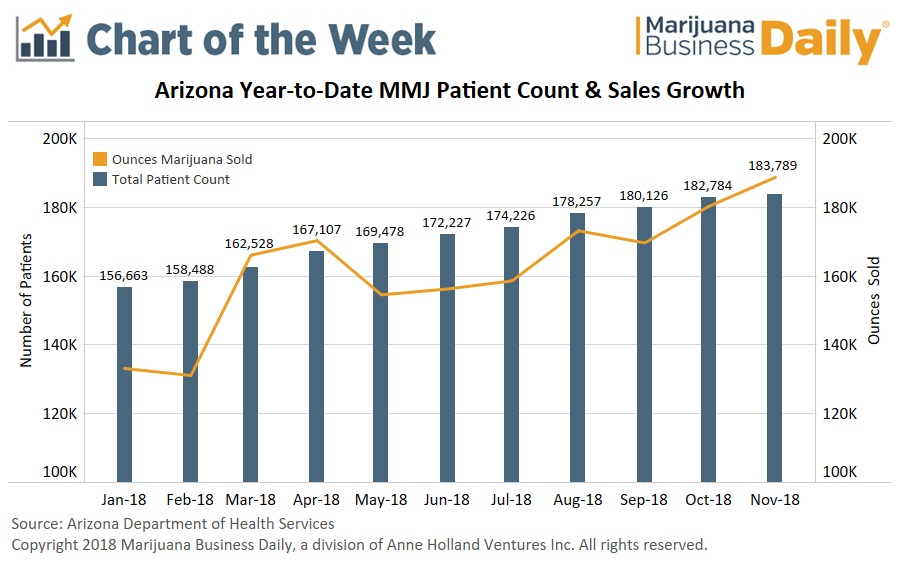(This is an abridged version of a story that appears in the November-December issue of Marijuana Business Magazine.)
When the U.S. marijuana industry was getting off the ground two decades ago, the business landscape consisted of mom-and-pop stores and amateur extractors.
Product was sold in Ziploc bags, and 20,000-square-foot grows were considered big.
In short, marijuana businesses were small and simple, and it was difficult to imagine chains or integrated multistate operations – especially with federal prohibition and the threat of legal interference hanging over entrepreneurs’ heads.
Still, trying to become a multistate cannabis business remains difficult – and could result in millions of dollars in losses if companies overreach or market assumptions aren’t fulfilled.
So, what does it take to become a multistate marijuana business operator?
Marijuana Business Magazine spoke with the CEOs of four multistate businesses – Columbia Care, KushCo Holdings, MariMed and Organa Brands – to learn how they took their companies from single-state operators to marijuana industry behemoths with operations and/or products in 10 or more states.
The companies each took a different path and faced unique challenges to becoming a multistate powerhouse.
“Different parts of the country respond to different things,” said Chris Driessen, president of Denver-based Organa Brands, an extraction and manufacturing company that produces a variety of oil-related products. “The brands roll out at different velocities.”
But there are numerous common threads in each of their stories – threads that entrepreneurs with multistate ambitions can draw from.
Click on the links below to read each company’s story:
- Columbia Care, New York City: Learning from mistakes
- KushCo, Garden Grove, California: Diversification, acquisitions
- MariMed, Newton, Massachusetts: Leveraging partnerships, licensing deals
- Organa Brands, Denver: Large distribution network, diverse product lineup





